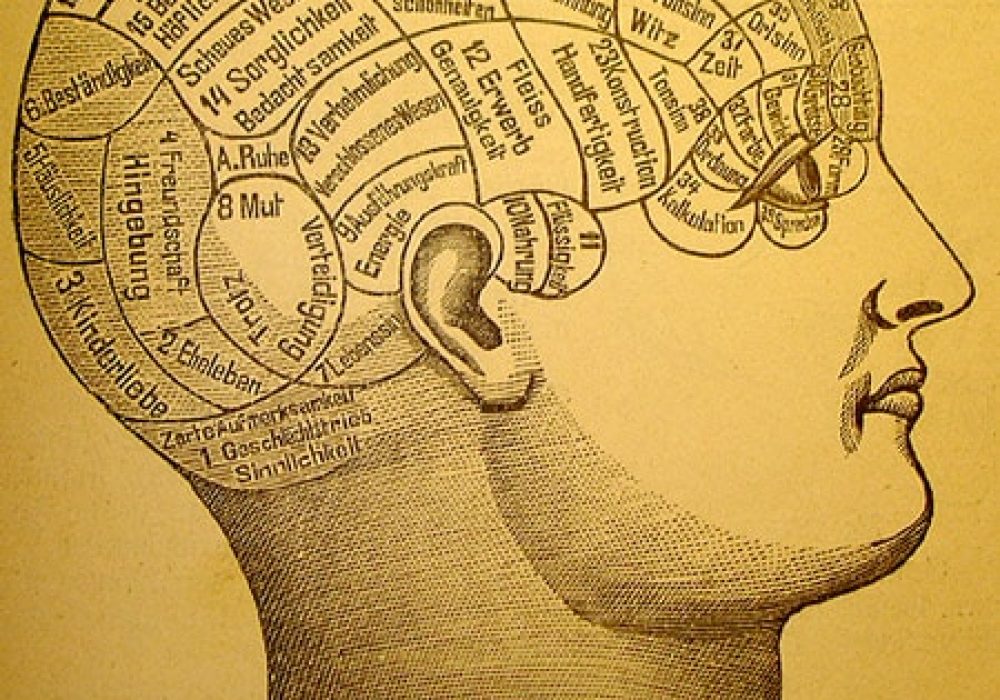a luncheon discussion with
Stephen M. Barr (University of Delaware)
This event is open to University of Chicago students. Lunch will be served. Others interested in attending, please contactinfo@lumenchrisit.org.
Materialism or “physicalism” holds that all things, including human beings, are completely explicable in physical terms. While ancient and medieval thinkers expressed this view, it gained a new power with the success of Newtonian physics, whose laws were universal and deterministic, giving rise to the belief that the entire physical universe is a closed system of cause and effect. Does this reduction of human beings to purely physical factors eliminate the possibility of free will? Is an understanding of the human mind as immaterial made impossible by the discoveries of the natural sciences? In this discussion, Prof. Stephen Barr will argue that there is more to the human mind than physicalism can explain, and that reason and science, including recent discoveries in quantum mechanics, imply that the human mind is immaterial.
Participants are encouraged to read THIS SHORT PAPER by Prof. Barr in preparation for the discussion.

